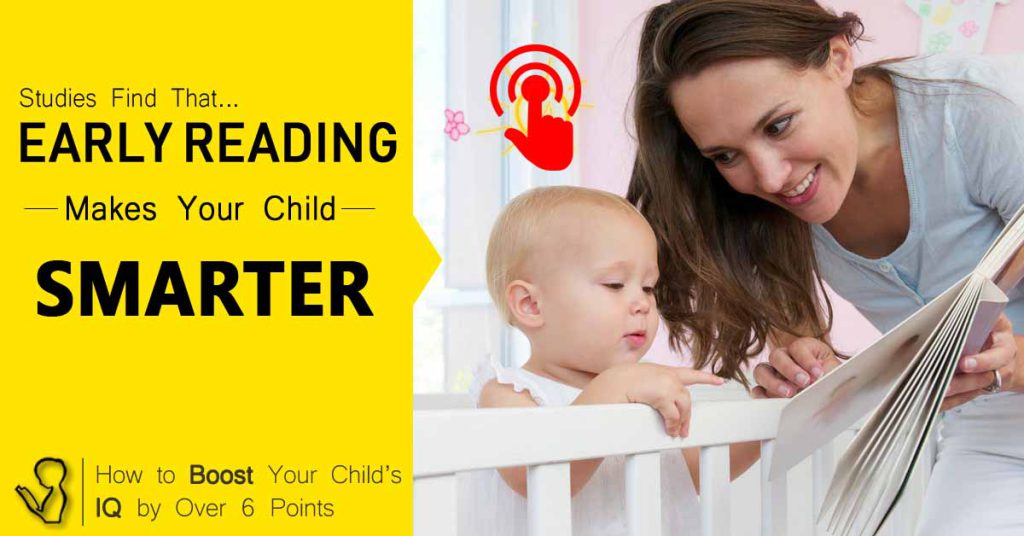For better clarity, a division of 7 stages of child development was made. There are no extreme limits between these stages. The child almost always goes gradually from one stage of development to another.
| Stages | Ages |
|---|---|
| Newborn | 0 – 3 Months |
| Infants | 4 – 11 Months |
| Toddlers | 1 – 2 Years |
| Preschoolers | 3 – 5 Years |
| School-aged | 6 – 13 Years |
| Teenagers | 14 – 17 Years |
| Adolescents | 18 – 25 Years |
Stage 1: Newborn
First of the seven stages of child development is the newborn stage. It is characteristic that the child adapts itself to the new environment, begins to experience stimuli and adapt to the environmental demands.
When it passes the period of basic adaptation and succeeds in maintaining itself in life, it begins to grow rapidly and change into an infant stage.
Stage 2: Infant
Here, the main problem for the newborn is the proper diet that should enable its successful development of the organs for their normal execution of the functions for which they are intended.
If it develops properly, the child should switch to mixed food during the first year of life, slowly leaving the breast-feeding. It starts to walk, to control physiological needs, and forms the first incomplete and unrelated words.
ADVERTISMENT

Stage 3: Toddler
The first signs of autonomy are the transition to the toddler stage, a period characterized by the fact that every day the little child becomes even more independent in the environment and starts to show defiant behavior.
Stage 4: Preschool
By the end of the third year, the child completely manages the movements, like motor skills, that it needs for the smooth learning and use of the space around it. During this period, it already completely controls the physiological needs, both during the day and at night, while sleeping.
By the end of the third year, the speech is so well developed, that the child can express its wishes and feelings, shape its thoughts and talk. The child is already mature enough to act as an individual and consciously contact other people.
Now it’s already transitioning to the preschool age, increasingly socializing, its intelligence is rapidly developing, and the autonomy is growing. During this development period, the child spreads the circle of people he’s contacting. Now it can occasionally leave the home and go to another environment, in the neighborhood among other children, kindergarten, etc.
Such a partial abandonment of the close family circle significantly extends the psychological horizon of the child, brings many new experiences, and promotes the ability to perceive and draw conclusions.
ADVERTISMENT
Stage 5: School-age
Starting school means a new beginning, a new stage in the life of the young person.
Here, the child is preparing for systematic work and cooperation in a collective with persons equal to him/her. It also gets used to the discipline of collective life and adapts to the competition for achieving success.
At school, the child acquires systematized knowledge about the world and life and adopts the basic skills that will later enable it to acquire specialized knowledge for performing a certain profession.
Planned education improves the mental functions of the child’s mind, trains it for logical reasoning and conclusion, improves its intellect with abstract concepts, and enriches its vocabulary.
Stage 6: Teenage
At the end of school age, in the prepuberty period, the child is again growing rapidly, already becomes physically and mentally developed, its emotional life becomes subtler and the doubts arise.
Without a clear boundary, the child enters puberty, changes the appearance due to the development of secondary sexual functions. All tissues and organs, including the sex glands, achieve full maturity and begin to function in a way that will last until the beginning of old age.
At the psychological horizon of the child, a whole range of new interests and life needs appear. They become interested in a certain profession, for sports activities, for the opposite sex, the child is now discovering nature, music, art.
Stage 7: Adolescent
When a biological maturation is completed, the child is not yet fully independent and socially rewarded.
In those years, many young people are still not psychologically or economically able to take on all responsibilities as an independent member of the community, so they do not have all their rights. This especially goes to the youngsters growing in urban areas.
Adolescence stage is the last of the seven stages of child development but It will take a few more years before this youth to qualify for some profession, to start earning income, to become independent without material help from the family or society, and to mature for marriage and parenthood.
In the rural environment, in a less industrialized environment, especially in the countryside, young people become independent earlier, they are beginning to earn money, and even earlier get married.
But the higher the standard of living and the social development of the environment in which the child grows, the greater the expectations set by the community in front of each member. The individual must acquire a greater knowledge, life experience, professional skills, emotional maturity, and only then the child who is now an adolescent will satisfy all the requirements that the life community expects from them.
While achieving a life maturity that will enable them to be in the fullest sense of an adult, which means independent, self-sufficient, and socially beneficial persons.

